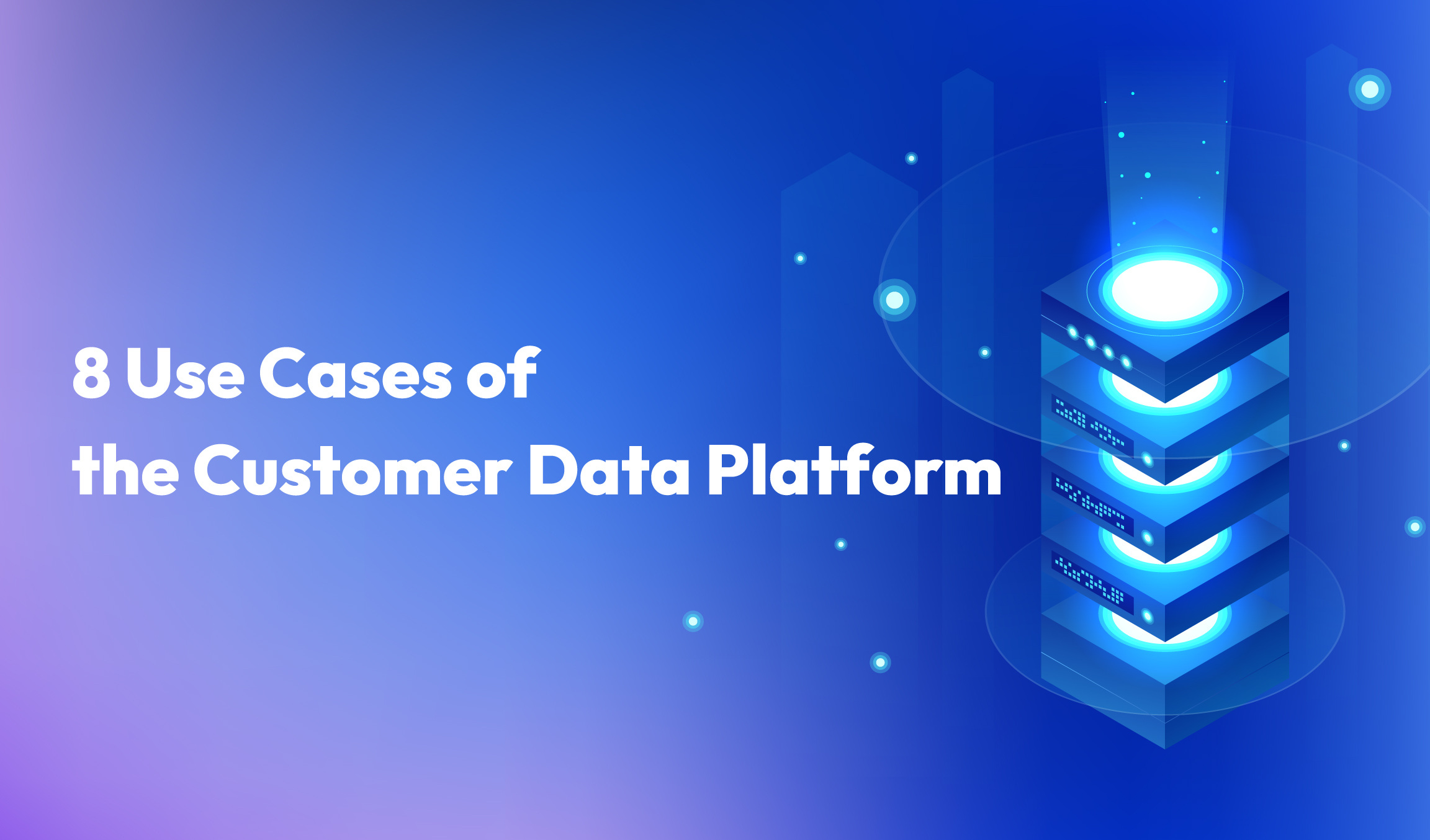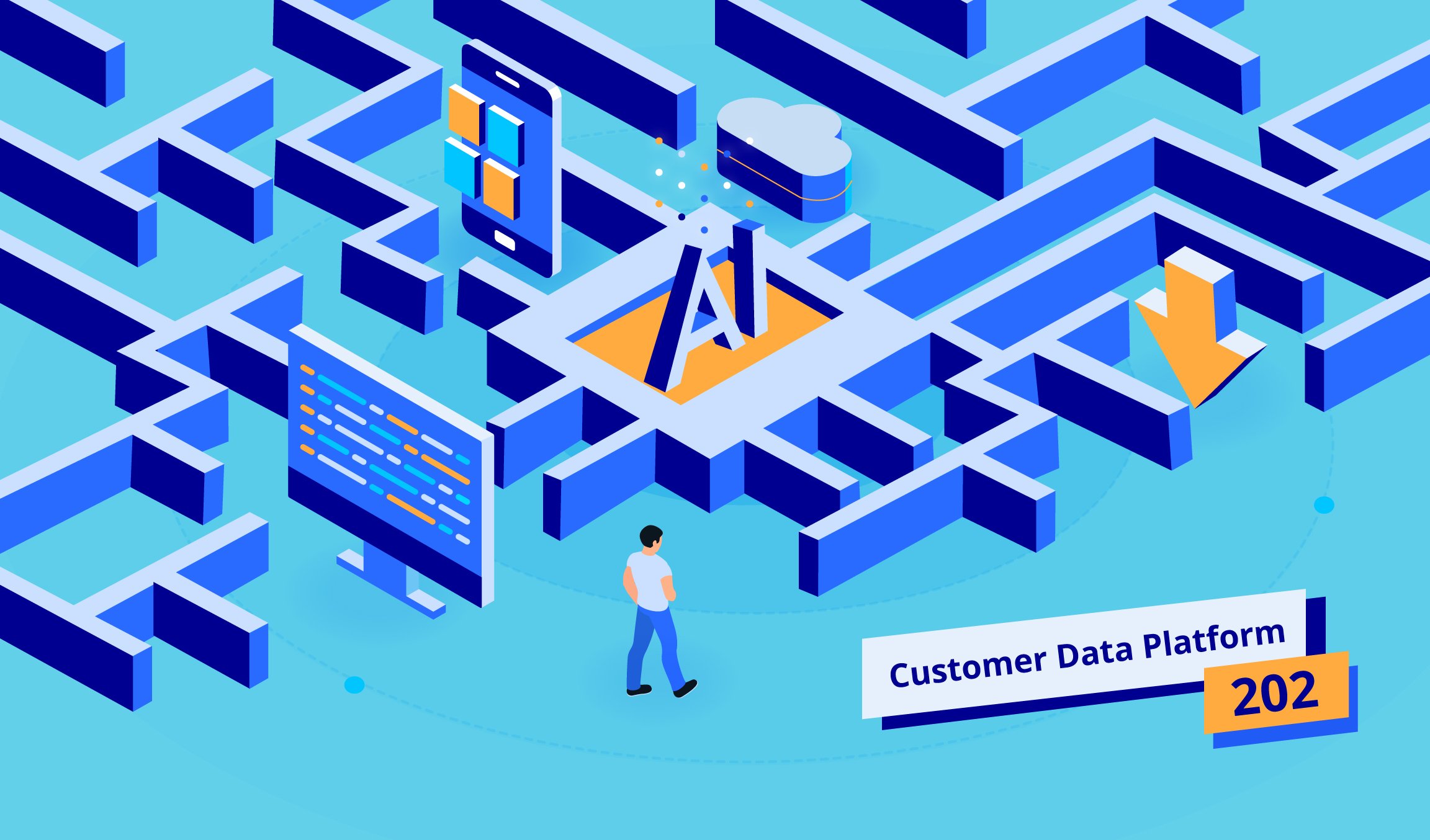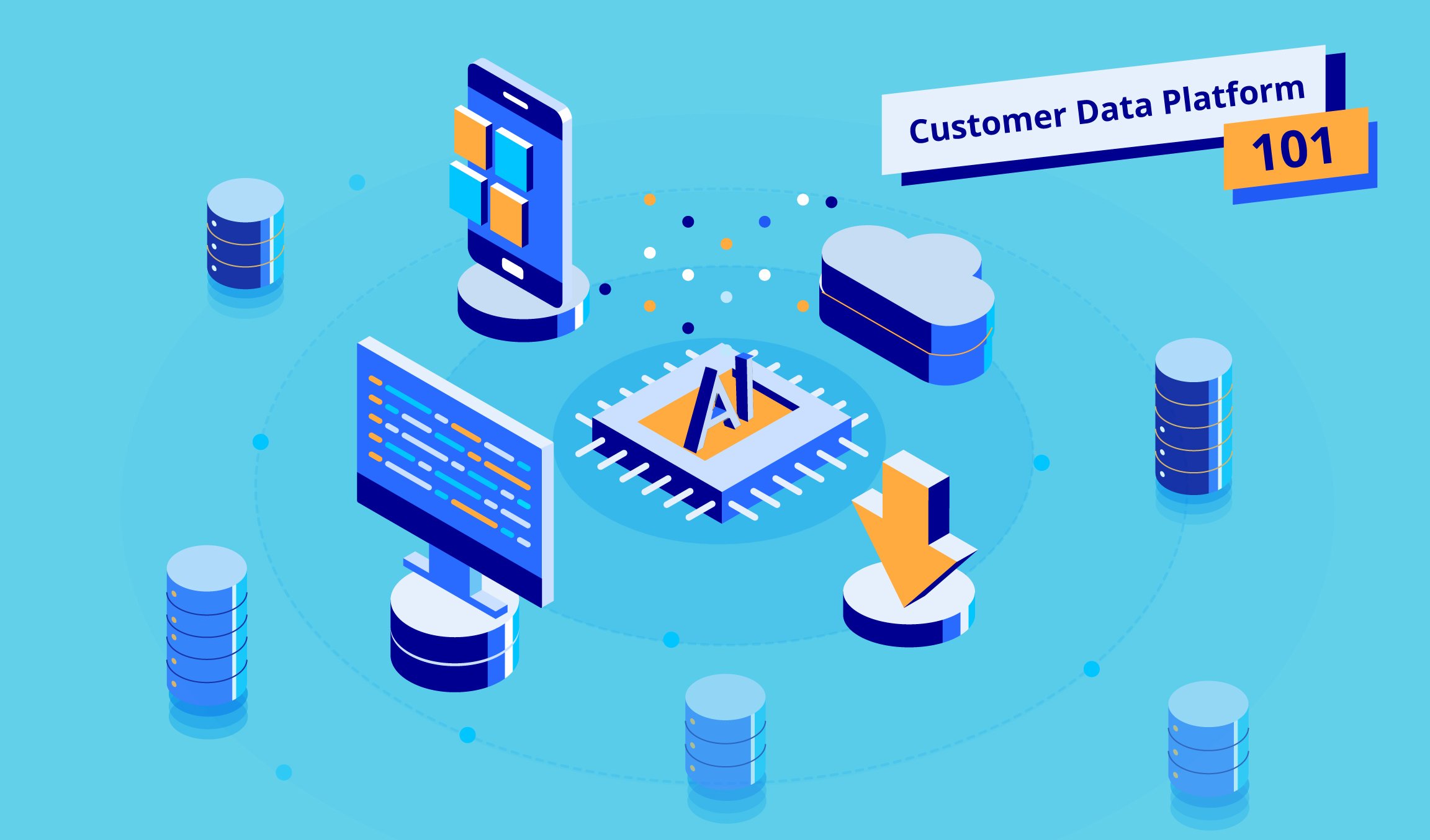5 min read
The global market of artificial intelligence (AI) continues to grow. According to IDC, at least 90 percent of new enterprise apps will embed AI by 2025. One of the reasons behind this trend is a growing awareness of the benefits of AI, together with the increasing accessibility of advanced AI capabilities, enabled by AI as a service (AIaaS).
What Is AI as a Service?
AI as a service is like any other out-of-the-box offering. It is artificial intelligence software being offered by a third-party provider to a client as a service, including a wide range of different AI-powered capabilities. These capabilities hosted by the third party sit in the cloud and are available to the end-users over the internet, making AI more accessible.
Demand for AIaaS is growing as businesses increasingly see the value it is creating for competitors. Industry figures suggest that the global market of AI as a service will hit US$10.88 billion by 2023, up from US$1.13 billion in 2017. However, it could potentially be much higher as it becomes more available.
What Are the Different Types of AIaaS?
There are various types of AIaaS solutions. Which type you choose comes down to your business goals and what you are looking to improve. Here are some of the main types of AI as a service solutions available:
- Bots and digital assistance
Bots and digital assistance is currently the most popular type of AIaaS. It includes familiar AI technology such as chatbots, digital or virtual assistants, and automated email services. Bots and digital assistance tools use natural language processing (NLP) to learn from conversations with humans. They are most widely used in customer service and marketing applications. - Cognitive computing APIs
APIs stand for application programming interfaces. This type of AIaaS solution allows developers to add a specific technology or service to an application they are building without writing code from scratch. Popular API services include NLP, computer vision, knowledge mapping, intelligent searching, translation and emotion detection. - Machine learning (ML) frameworks
Machine learning frameworks are tools that developers can use to build their own AI model. They learn over time using existing customer data. The advantage of ML frameworks is they don’t need big data to function. This means they can work for smaller companies that don’t have vast amounts of data at their disposal. - Fully-managed ML services
Fully-managed machine learning services offer the same functionality as machine learning frameworks, but without the need for developers to build their own AI model. Instead, this type of AIaaS solution includes pre-built models, custom templates, and code-free interfaces. This type of AIaaS is ideal for companies who don’t wish to invest in development tools.
What Are the Pros and Cons of AIaaS?
If you are considering AI as a service for your business, it is worth weighing up its advantages and disadvantages. This can give you a clearer indication of whether it would be a smart investment for your company.
Pros
- Cost-effective
When you build in-house AI capabilities, it will require a significant investment and expertise. It takes a long time to develop and test the AI models too until you can deploy them. However, with AIaaS solutions, you can avoid this outlay and the risks associated with it while still harnessing the AI capabilities you need. - Quick and easy to set up
Because it is an out-of-the-box solution, AI as a service does not require complicated installation. Instead, you can simply plug it in and have access to your chosen AI capabilities straightaway. The advantage of this is that there is no need to hire a team of data scientists or develop complex infrastructure.
- Transparent fees
When you choose an AI as a service solution, you only pay for what you get. This means you won’t be paying for AI functions that your business doesn’t need, and you only pay when you are actively using it. - Flexible and scalable
AIaaS enables you to scale up or scale down your artificial intelligence capabilities as your business or projects demand it. This flexibility makes it ideal for people dipping their toes into AI and for companies that may grow significantly in the future. It also gives you the opportunity to find out what is working before committing.
Cons
- Reduced security
In order to utilize your AIaaS solution, you will have to share your valuable company data with a third-party vendor. This can create security and privacy concerns. To ensure data isn’t improperly accessed, shared or distributed, your data storage, access and transit must be adequately secured. Some industries may limit cloud data storage entirely, hindering the use of AIaaS. - Black box visibility
While AIaaS solutions offer greater transparency in costs, you are only paying for a service, not access to the process. In other words, you know what goes in and comes out, but you are not given any insight into the algorithms being used and how AI comes up with the results. - Third-party reliance
Because you are paying for a service, you are relying on third parties to provide you with the correct information when you need it. However, this will become an issue if a problem arising in the software causes errors or a delay. - Long-term and spiraling costs
While artificial intelligence as a service can be extremely cost-effective, fees are ongoing and can quickly spiral as you add additional capabilities. However, while the costs may rise, they will likely only do so in line with your business. Plus, the insights you gain have the potential to boost profits significantly.
What Does AIaaS Mean For Businesses?
By packaging up the capabilities of AI into an accessible and easy-to-use service, AIaaS can be a potential game changer for businesses.
It gives businesses the ability to tap into their data to solve complex problems, and provides them with faster, more accurate insights on their customers and markets, so they can make better business and marketing decisions. It also allows them to enhance the customer experience by improving customer service, and automating and personalizing communications. Ultimately, the capabilities offered by AIaaS solutions can help businesses drive profits and competitive advantage.
If you want to stay ahead of the game, AI adoption is crucial, and AI as a service (AIaaS) provides an accessible solution. Before you pick a provider, make sure you consider your goals, business size, budget, and the technical capabilities of your team to make the best decision.
* Do you want to bring AI into your business? Contact our team today to find out how our AIaaS solutions can help you better understand your customers and grow your business.



